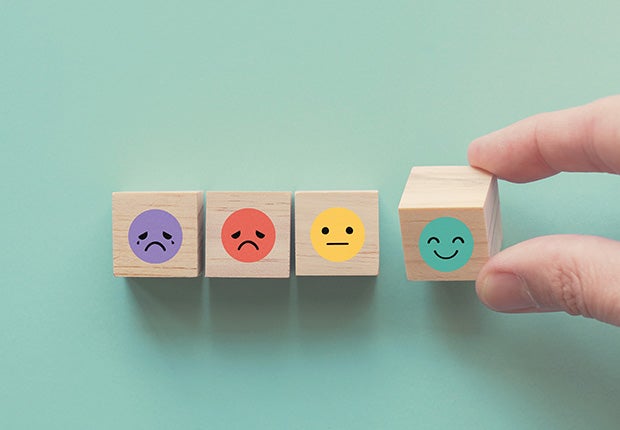
May is Mental Health Awareness month, and while the important occasion is coming to an end this week, it’s important to remember that resources and help presented during this month are available year-round. Improving your mental health does not always mean big changes are in order. Small steps that you build upon and sustain over time can lead to big gains in your wellness journey. Dr. Hillary Parker, PhD, ABPP-CN, Board Certified Clinical Neuropsychologist at Mount Carmel shares a few tried and true science-backed mental health tips that you can start today:
Move More
You don’t have to run a marathon or lift weights two hours a day but find something you can do that gets your body moving and stick with it. Research has repeatedly shown the powerful effects on your mood from physical activity. In head-to-head trials regular exercise even outperforms antidepressants for people with relatively mild mood disorders. Exercise also is a proven way to help keep your brain healthy and lower your risk for dementia. So, what counts? The best kind of exercise is the kind you’ll do - so go for a walk around the block, take the stairs at work, play basketball with your kids, join the local Silver Sneakers group, do an online yoga class, or hit the gym. The most important thing is that you get moving and stick with it!
Protect Sleep
Our culture glamorizes working harder and always cramming more into your day, even at the expense of things we know are good for us, like sleep. If you are chronically sleep deprived, chances are your mental health is not as great as it could be. Lack of sleep has a real and measurable impact on your mind and body. You are more prone to illness. You are more prone to stress and emotional ups and downs. You are more prone to memory issues. So, what to do? Start by observing your sleep routine for a few days. Pay attention to things like rituals before bed, timing of going to bed and getting up, and how much sleep you’re actually clocking most nights. Then make a plan. Protect sleep time in your schedule. Most adults function best on 7-8 hours, which is also true for older adults even though sleep can get trickier as we age. If that’s not realistic for you right now, look for any change in the right direction. Can you protect an extra 30-60 minutes most days? Start small. If you struggle to shut your brain off or have insomnia, check out “sleep hygiene” tips from sleep experts that can help you get your sleep back on track.
Stay Connected
We are social creatures. Connection and community can have immensely positive effects on our mental health, and the absence of connection can be devastating as highlighted by the surgeon general’s recent warning about an epidemic of loneliness. If you struggle to make time for friends or family, try scheduling a weekly call with a friend or relative. Ask a coworker to have lunch with you. Strike up a conversation with someone you normally wouldn’t, like the cashier ringing you out. Go to a community event in your neighborhood. Social connection doesn’t happen easily for everyone, especially if you’re already feeling down or stressed or if you’re pulled in a hundred directions trying to stay afloat. But even small positive interactions can help lift your spirits, and nurturing relationships now can pay off for years to come.
For more high-quality information about mental health, check out the following:
- https://www.apa.org/topics/mental-health
- https://www.nami.org/Your-Journey/Family-Members-and-Caregivers/Taking-Care-of-Yourself
- https://www.nimh.nih.gov/health/topics/caring-for-your-mental-health
To learn more about Dr. Hillary Parker visit Hillary A Parker, PhD, ABPP-CN | Neuropsychology | Mount Carmel Health System

